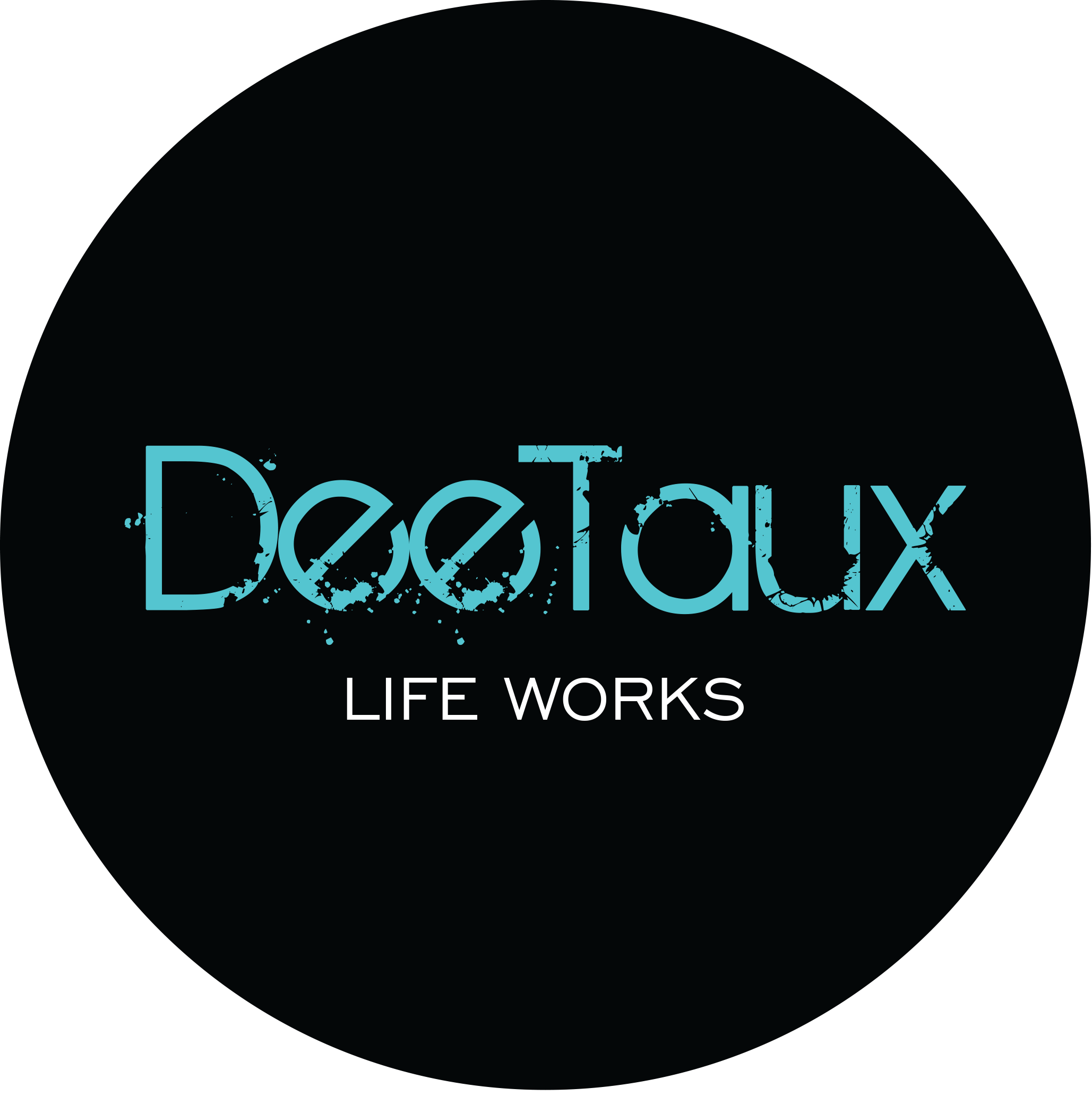In the fast-paced world of technology, it’s easy to lose sight of the fact that behind every line of code, every innovative product, and every groundbreaking idea, there’s a human being with a passion for turning the impossible into reality.
Pankaj, is an excellent example of this mindset.
Pankaj clarified the complex relationship between technology and humans in a recent interview, sharing his strong conviction that the fundamental nature of technology is its relationship with people. Beyond the domain of mathematics and hardware, his perceptive and motivational description of the IT industry offers a lovely perspective on how human touch and inventiveness are at the heart of every technological breakthrough.
Join us for this fascinating journey as we explore the ways in which Pankaj, sees the complex relationship between technology and the human spirit and the reasons behind his belief that human beings are the source of all technology.
Watch the full video
“Tech is made for humans” with Pankaj Khatnani | CTO | Software Industry
You started your career off at the age of 17 as a media associate, and you're now in technology. How would you describe your 14 years of career so far?
Pankaj: I think it has been a great ride with various ups and downs, but a lot of learning and gave me new hope every day.
Dee: What was the reason that you moved from media to technology?
Pankaj: The reason I think it was pure passion by degree I’m an electrical engineer, but I hold, I think, 11 plus years in tech. I started with hardware. Somehow, I entered the software. Someone guided me across a not very great handhold, but yeah, rest. The passion followed, and it looked to me a little bit interesting on its own.
Do we need intelligence or automation when it comes to technology?
Pankaj: Yes, we do require a process and automation to understand the technology and how to handle it. And then there is a way to update ourselves, like we update our lives every day.
Dee: Do you think intelligence is far more required? Let’s say somebody wants to enter this career. Do you think intelligence is more important than the understanding of automation?
Pankaj: I think collectively it’s both. And third, it should be a passion somewhere, and they have an attitude of not giving up and feeling it’s easy. And this was my self-perception. And I sensed those who had ease. They begin because they believe it to be simple. And doing it is the only way to accomplish it.
Dee: That’s a very important thing about not giving up, because I can understand. I can imagine, you know, when you have that one bug in an entire, you know, perfectly written code, you could, like, go on for days and days and days to debug the whole thing.
Pankaj: Yes, it’s true. It does happen.
For people who are coming from a tech background, working endless nights is very common. What are your tried and tested ways of dealing with burnouts?
Pankaj: I believe we deal with burnout in everything, in every field. It does apply the only way to handle it, to keep learning something new and to find somewhere you can feel peace. So, I try doing new things every now and then, and I try to remain where I am apart from when I’m not using my phone or something. So at least I try to spend two to 2.5 hours every day without technology to remain in between humans and nature. And at the end of the day, if you understand human nature, you can connect it back to technology as well
What, in your opinion, is the most stressful situation in tech? Basically, a situation that requires code Red to be initiated?
Pankaj: I think there are two stages, where it generally happens code red for us, in the initialization of the project when we started across, then there are multiple people handling the project and everyone has a different view and they just wanted quick that they follow that we also need to make sure that it ties everything one after another and they don’t allow intricacies to work across at the end of the day “TECH IS BUILD FOR HUMANS, AND HUMANS ARE GOIN TO USE IT”
If anyone requires a guide to use it or any human can’t understand the tech or, let say, any tech product without a guide, it’s a problem
So, it should be guideless technically That is one situation which we find a code red, if the process slow is not defined or we don’t get enough time to get it done, they don’t wait for that and they just want to rush
Secondly, when the product is getting launched, they want to be so pristine and perfect that every new thing they see, they want to update it every hour before they see it Nah, just cancel the launch; we just added up something. No, it doesn’t work like that. You put it right; what you thought is right; let’s put it in the market and test what the feedback comes across, and they keep updating it. If you don’t keep up with the market, eventually the product dies.
People need to understand that there is technology and it is made for humans; there should be human elements involved and the effort to be involved, so the humans can understand and why to use it. If I can’t bring behavioral change, why is it needed for me? I’m not going to use it.
Dee: Correct. I absolutely agree. And with the number of products that are being launched every single day—almost every single minute, to be honest. And how the industry is evolving as a whole.
Pankaj: Yeah. And it goes very quickly, and it fades away very quickly because people there are again the same thing again. It will look like a cliché, but many people think I started something and I launched a tech product. The people will come tomorrow. Millions and billions of people will come now. You have just launched an app. There are 500 other apps opening and registering at the same minute. It’s not going to run by itself. We require 80 to 85% more effort into marketing to gather feedback, to have complete the entire loop. Until you get that level of users where you can decide it’s working, not working, or what to improve, or.
Dee: What type of updates to push technically?
It requires a design update. It also required feature updates. Basically, it requires that the problem that you’re trying to solve is actually solved. And if there are new tools coming for those problems to be solved, you should make sure that your tool can do better than that. For instance, Adobe updated itself with AI. They purchased Figma as a tool. They also brought Adobe Express, Firefly, and Express. I believe they are very expensive products to run it across, but they are running for free. They have brought in every product as a beta, and with ChatGPT, is that expensive? I can believe Adobe is ten times more expensive than that to run it at that scale. But they are gathering data, making sure it’s true and right, and then they are launching it across. So, you need to understand where the shift is happening. You can’t think I thought this was right. So, it’s going to be right because you are a millionaire, a billionaire, or you have done it for ten years. It may be possible. Today I might know a lot, but again, every day, every hour, if you’re in a tech field, I need to start again and be ready for it.



